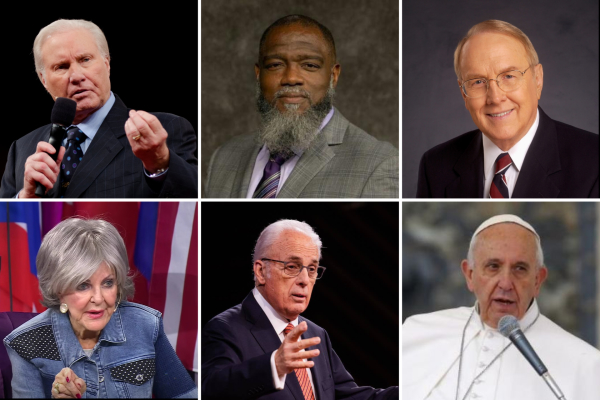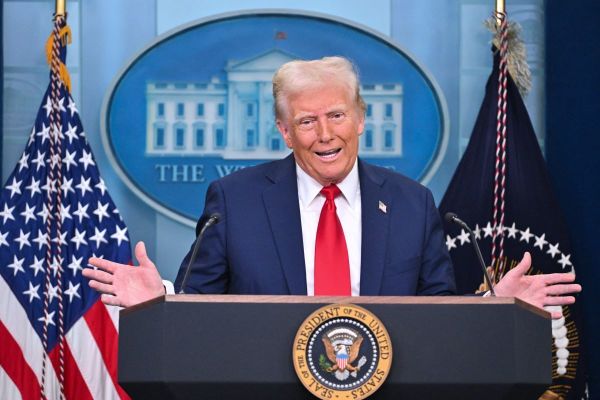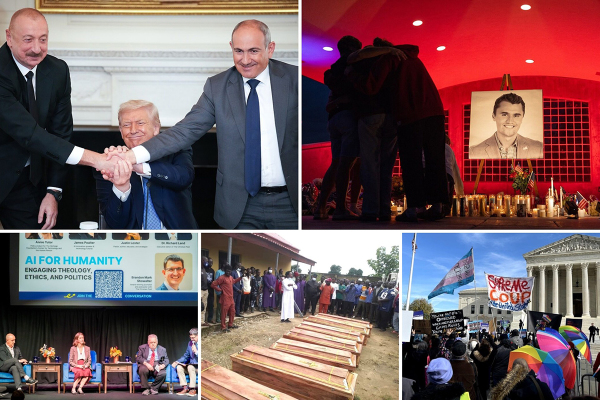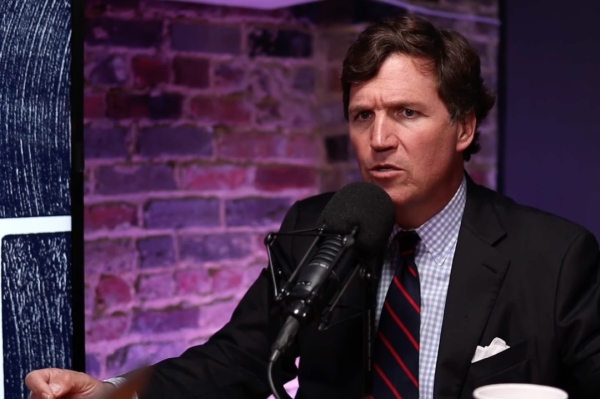Can a Christian talk show improve health disparities for the black community?
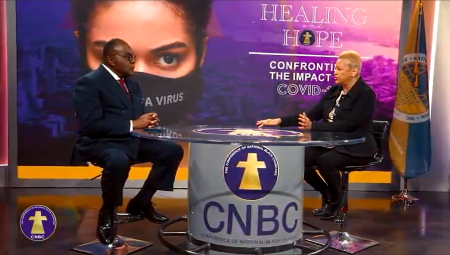
“Do you believe that the black church has been able to really embrace and understand and minister to persons who have mental illness?” Conference of National Black Churches (CNBC) President Jacqui Burton asked the Rev. Kim Murray Cruse in a recent episode of a new talk show on the Impact Network called “Healing & Hope.”
“Yes and no,” replied Cruse, who during the height of the COVID-19 pandemic developed an initiative at the historic Grace Baptist Church in Mount Vernon, New York, called Grace Guidance Prayer Strength, to help support the healing of Christians through a combination of prayer and mental health support in an environment of worship.
“Yes, the black church has always been able to minister to people with mental illness. The black church is a central space in the community as, I would say, a crisis relief space. So the black church is there as a catch-all for everything,” Cruse said as the show’s host and chairman of the CNBC’s board of trustees, W. Franklyn Richardson, who is also senior pastor of Grace Baptist Church, listened intently.
“It has been ministering to people with mental illness but it’s oftentimes not doing the most effective job of doing that because it at times isolates people with mental illness by not embracing the fact that they need help, by ignoring some of those issues,” Cruse added. “I believe prayer and therapists will help to sustain people’s mental health.”
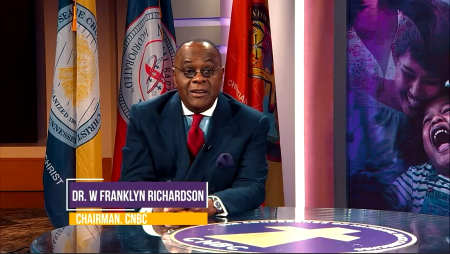
At the height of the COVID-19 pandemic, Cruse co-authored the interfaith affirming service providers questionnaire and "Directory of Faith Affirming Community Mental Health Service Providers First Edition" to service the mental health needs of the interfaith community in the New York area.
Cruse’s work in the mental health space is an example of how black churches jumped into action as COVID-19 ravaged black communities disproportionately across the country primarily due to underlying health conditions.
In a recent interview with The Christian Post, Richardson revealed how through their network of 30,000 congregations, 20,000,000 congregants and a partnership with the Centers for Disease Control and Prevention, CNBC was able to train some 5,000 pastors to promote the COVID-19 shots in the black community.
The effort spanned the six historically black church denominations of the CNBC: the African Methodist Episcopal Church; the African Methodist Episcopal Zion Church; the Christian Methodist Episcopal Church; the Church of God In Christ; the National Baptist Convention of America, Inc., International; the National Baptist Convention, U. S. A. Inc.; and the Progressive National Baptist Convention, Inc.
“Well, born out of this two-year experience we have of addressing COVID, we had over 5,000 pastors in training,” Richardson said. “We trained them about COVID and about vaccinations. In the course of the two years, we have done more than a million vaccinations in churches.”
That is in addition to testing, and other efforts such as pop-up health centers that churches helped the CDC set up in black communities.
Richardson said after the partnership was formed between the churches and the CDC during the pandemic, they began asking the agency to address the issue of general health disparities faced by the black community.
“We needed them to take on the responsibility that African Americans have health issues in every area of their lives, and we are at the bottom of the list,” he said. “No matter what disease you point to in America, black people are at the bottom, whether it's diabetes, whether it's heart trouble, whether it's obesity, whether it's infant mortality, whatever disease you can come up with, the statistics put black people at the bottom.”
Indeed, data from the Office of Minority Health, an arm of the Department for Health and Human Services, shows that the death rate for black Americans is generally higher than whites for COVID-19, heart disease, stroke, cancer, asthma, influenza and pneumonia, diabetes, HIV/AIDS and homicide.
Black Americans were also found to be more likely to die early for all causes of death because younger members of the group tend to be living with diseases more commonly seen in older ages for other races such as high blood pressure, diabetes and stroke according to the CDC which are compounded by socio-economic issues. Research from Cigna also said blacks are 20% more likely to report psychological distress but 50% less likely to receive counseling or mental health treatment.
Richardson said when the CNBC leaders engaged the CDC on the health outcomes for black Americans, “We weren't willing to just have a Band-Aid operation that they were cool with because COVID simply pulled back the scab, and showed how black people are underserved by the healthcare system.”
As that relationship remains ongoing, the Mount Vernon pastor said black church leaders came together to discuss how else they could challenge the status quo on black health, and they launched the “Healing & Hope” talk show in February which airs on Tuesdays and Thursdays on the Impact Network at 10 p.m.
“We decided that we would try to go for the mass appeal because one of the places that they marketed our relationship with COVID was on Impact TV, trying to reach that constituency,” Richardson said of the network which has a market of 80 million households.
“Since the Conference of National Black Churches launched 'Healing & Hope' in February, the show has featured guest appearances by prominent CNBC denominational leaders, presidents of higher education institutions, activists, CDC and HHS leadership,” Terence Cullen, a spokesperson for the CNBC added. “The show is intended to uplift, inform, and call viewers to action in the face of COVID-19 and today’s most pressing social justice issues.”
Richardson said they have recorded episodes for the talk show all the way into August, and the hope is to continue getting the word out with additional funding.
“I would hope that the connection would be that we communicated and postured the Church's profile in the minds of a larger community, as a tool for helping empower and heal and give hope to our communities,” said Richardson when asked what he hopes the legacy of the show will be. “I would hope that ‘Healing & Hope’ has provided and is providing an opportunity for people to take a second look at what faith communities can do and it's also helping the faith community to see itself. It's defined aspirational goals for the faith community.”
Contact: leonardo.blair@christianpost.com Follow Leonardo Blair on Twitter: @leoblair Follow Leonardo Blair on Facebook: LeoBlairChristianPost










